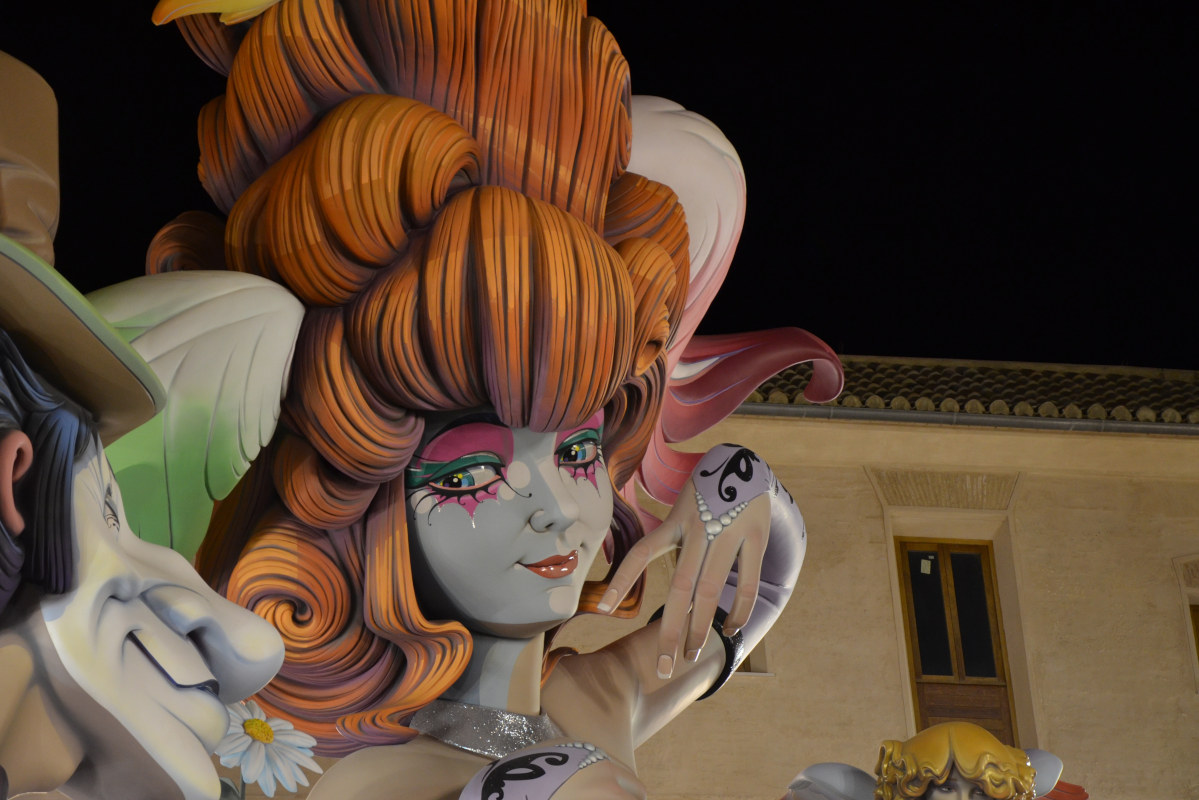FILMS & BOOKS

Our monthly pick of the best films and books either from Southern Europe or featuring Southern European locations.
FILMS
An otherwise sleepy Spanish village does not know what hits it when secrets, lies and family politics all come to a head in the ‘whodunnit’ thriller Everybody Knows, released in UK cinemas this month. Both the storyline and the Spanish countryside locations in Torrelaguna just outside Madrid make for mesmerising viewing. This is cinematic storytelling at its best.
Some serious foreign-film heavyweights have come together for Everybody Knows or Todos Lo Saben as it is titled in Spain. Director Asghar Farhadi and the two lead actors Penelope Cruz and Javier Bardem have each earned themselves an Oscar over the course of their careers, and it comes through in the quality of the film.
The story begins with Laura (Cruz) returning to her hometown, a rural wine-region suburb of Madrid, where her sister is getting married. While her husband Alejandro (Ricardo Darín) has to stay behind in Argentina for work reasons, she arrives with her teenage daughter Irene (Carla Campra) and toddler son in tow.
It is all smiles and ‘abrazos’ (hugs) until Irene is kidnapped in the middle of the wedding party. All of a sudden, fault lines are exposed, everyone starts suspecting each other, and the relationship between Laura and her ex-lover Paco (Bardem) becomes increasingly significant to the disappearance.
The gradual impact on Penelope Cruz’s character as a mother with a missing child is extremely moving and both she and Bardem turn in star performances.
Just as you can almost feel the dusty village air in Everybody Knows, the grace of Paris is tangible in the The White Crow, a new biopic of Russian ballet dancer Rudolf Nureyev
directed by (and starring) Ralph Fiennes. A far more gentle film, this one sits firmly in the art-house genre and is also beautifully elegant.
Spotlighting Nureyev’s life-changing visit to the French capital with his dance company, the Kirov Ballet, Sergei Polunin plays the ‘white crow’, so-called for being somewhat special. While his character is brooding and selfish, his dancing is obviously extraordinary.
Flashbacks to a brutal childhood in the Soviet Union are delivered rather starkly in near monochrome, and episodes which see him being trained by Alexander Pushkin (Fiennes) are quietly tense. But it’s the Parisian scenes that make this film so watchable. Nureyev befriends local dancers who introduce him to a more cosmopolitan way of life, much to the annoyance of the onlooking KGB.
But of course, with an east-meets-west, communism-meets-capitalism narrative, comes friction and complexity. In fact, this is a deeply ambiguous film, with an enigmatic protagonist at its centre.
Everybody Knows is in cinemas 8 March. The White Crow is in cinemas 22 March.
Books
Born in Seyne-sur-Mer, a small harbour city in the South of France, and raised on a literary diet of John Steinbeck, Albert Cohen and Louis-Ferdinand Celine, it is little wonder that Marcus Malte is one of France’s most acclaimed authors. Indeed, until now, Malte’s best-known novel was Garden of Love, which won the French writer a dozen literary prizes.
His most recent release is The Boy – or Le Garcon in his native language – which is the first of Marcus Malte’s novels to be translated into English, and it too was awarded prestigious French literary prize, the Prix Femina, in 2016 by an exclusively female judging panel.
Spanning the first four decades of the 20th century, The Boy is a poetic tale, rich in prose and set against the backdrop of a changing French landscape. The boy was brought up in the wild forests of southern France by his mother, and has little grasp of what the outside world is really like. He is both nameless and voiceless, and so, when her death looms large, this naïve and near feral child pushes beyond the boundaries of life as he knows it as he sets out to embrace humanity after a childhood spent in the barren French countryside.
The story starts in a small hamlet in southern France from which the boy is exiled by the head of a farm, and he goes on to meet a rich cast of characters – from a Romanian wrestler, to a former apple farmer and his daughter – and moves from the fairs and markets and villages of southern France, to the streets of Paris where he embarks upon a lusty love affair, to a small city in north-eastern France.
Beautifully poetic, wonderfully poignant and a spellbinding meditation on humanity, what the boy lacks in voice, he makes up for in charm and genuine warmth, and his character will no doubt touch all those who read this profound tale of romance, war and discovery.
Another story set in the early 20th century, is Caroline Montague’s An Italian Affair – a family saga of war, betrayal and bravery set in the hills of Tuscany during World War II.
After the sudden death of her husband, Allessandre Durante discovers that she is heir to the family’s Italian villa – Villa Durante, deep in the Tuscan hills. While her son is drafted to the RAF, she moves there with her daughter Diana to start afresh in the Tuscan countryside. As the Second World War reaches the shores of Italy, Villa Durante becomes a necessary shelter for all those in need.
Villa Durante takes centre stage in this pacey, plot-driven read, with a backdrop deeply evocative of the Italy of the time.
Lucy Pearson is an award-winning book blogger and freelance writer. Her blog, The Literary Edit, is an online space for readers, writers and literary travellers.
Subscribe to Our Newsletter
Receive our monthly newsletter by email





